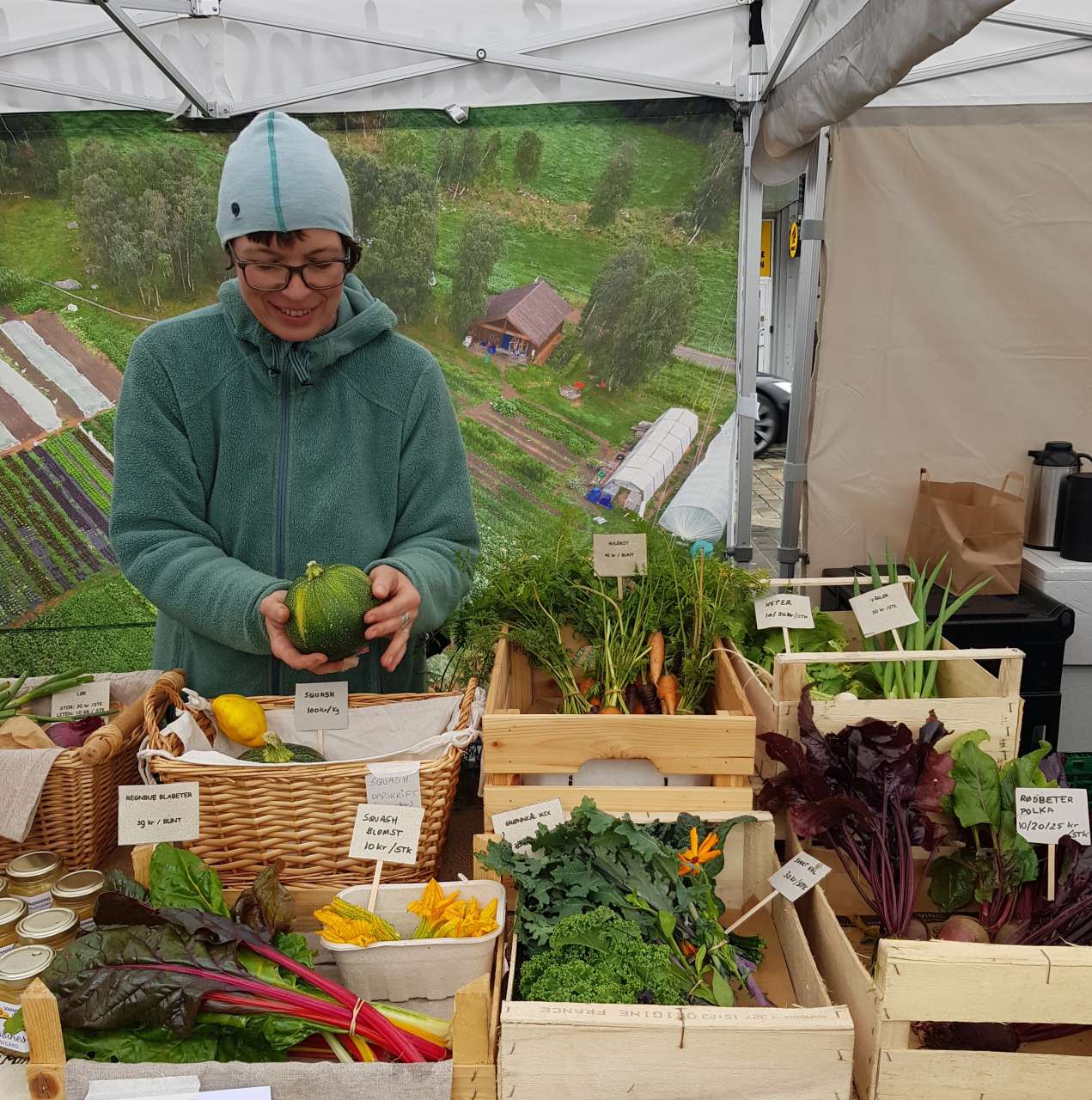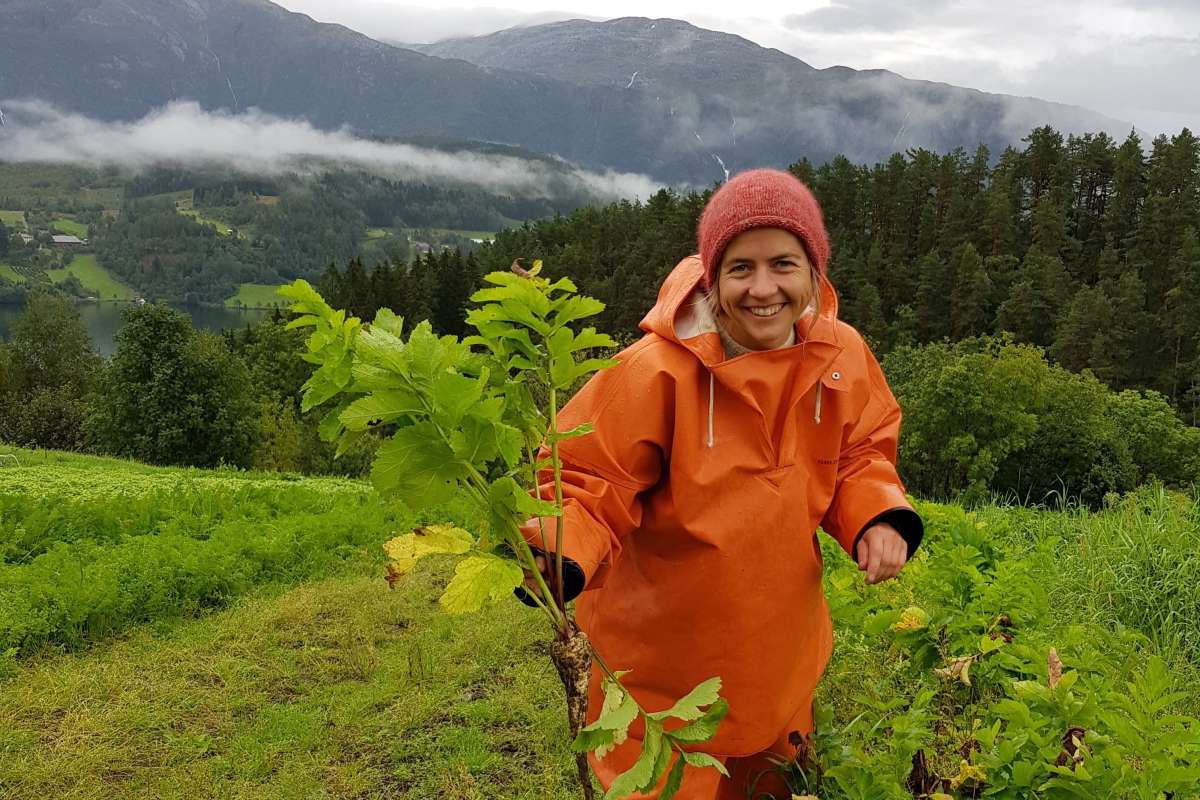Divisjon for matproduksjon og samfunn
The role of diversified small-scale horticulture in a transition towards more sustainable food systems with healthier diets (SmallHort)

Slutt: feb 2029
Start: feb 2025
The aim of the project is to explore how food systems based on diversified small-scale horticulture can be developed to become more economically, socially and environmentally sustainable while also increasing in scale, which will provide benefits for nature, the environment and public health.
Prosjektmedarbeidere
Frøydis Gillund Bjørn Egil Flø Maiken Skjørestad Granberg Bjørn Arild Hatteland Jørund Johansen Hilde Halland Gro Johannesen Anne-Kristin Løes Viktorija Viciunaite Christine Marie Hvitsand| Status | Pågående |
| Start- og sluttdato | 03.02.2025 - 04.02.2029 |
| Prosjektleder | Anna Birgitte Milford |
| Divisjon | Divisjon for matproduksjon og samfunn |
| Avdeling | Økonomi og samfunn |
| Samarbeidspartnere | Norsk senter for økologisk landbruk, Veterinærinstituttet, Høgskulen Vestland, Telemarksforskning, INRAE (Frankrike), Norges Vel, Lystgården, Holt Økopark, Økologisk Norge, Statsforvalteren Vestland |
| Totalt budsjett | 120000000 |
| Finansieringskilde | Forskningsrådet |
The project involves diversified small-scale horticulture either run by farmers (e.g. market gardens) or as an organized collaboration between consumers (e.g. allotment gardens). The project focuses on both rural and urban areas and has an interdisciplinary approach that involves both social and natural sciences.
The four work packages in the project are all centered around small-scale horticulture and focus on the following themes: Sustainability in cultivation and distribution (WP1), increased consumption of vegetables and fruit (WP2), social networks (WP3) and safe composting methods for organic waste (WP4). Data in the form of in-depth interviews and observations will be collected from case studies recruited in five different regions in Norway. Surveys will also be conducted with farmers and consumers of small-scale horticultural products. Other methods used will be participatory action research, qualitative sustainability assessment and insect sampling using traps, intervention study with consumers, participant observation, composting trials with sub/optimal conditions, and chemical plus microbiological analysis. The project will benefit from collaboration and knowledge exchange with researchers from INRAE, France, who have experience in market gardening research.
Actors from public authorities and voluntary organizations working with small-scale horticulture will contribute as discussion partners, co-organisers, in data collection, and with dissemination of research results.
The project aims to provide results in the form of recommendations and advice on cultivation practices and organizational models with environmental, social, economic and health benefits.

